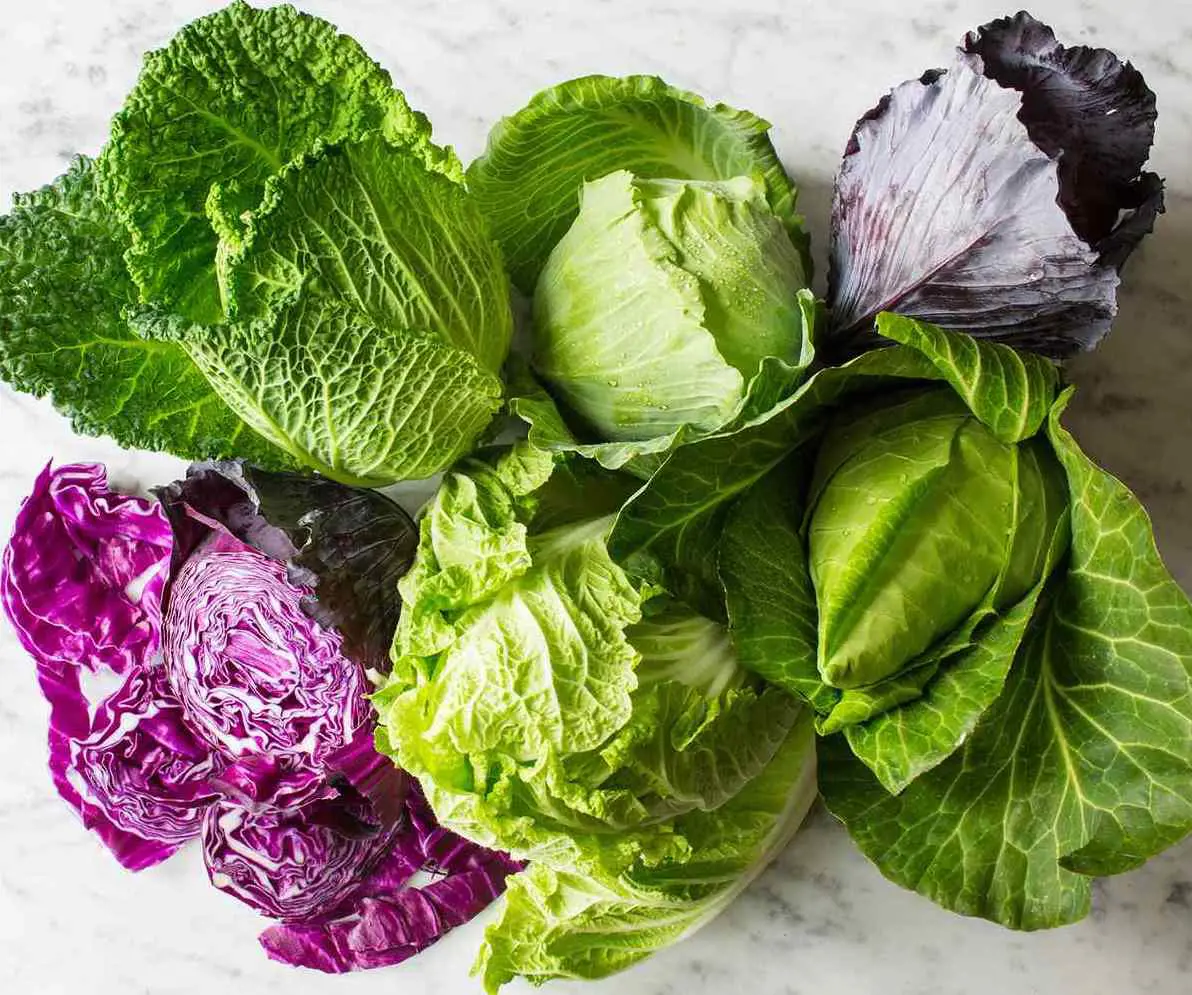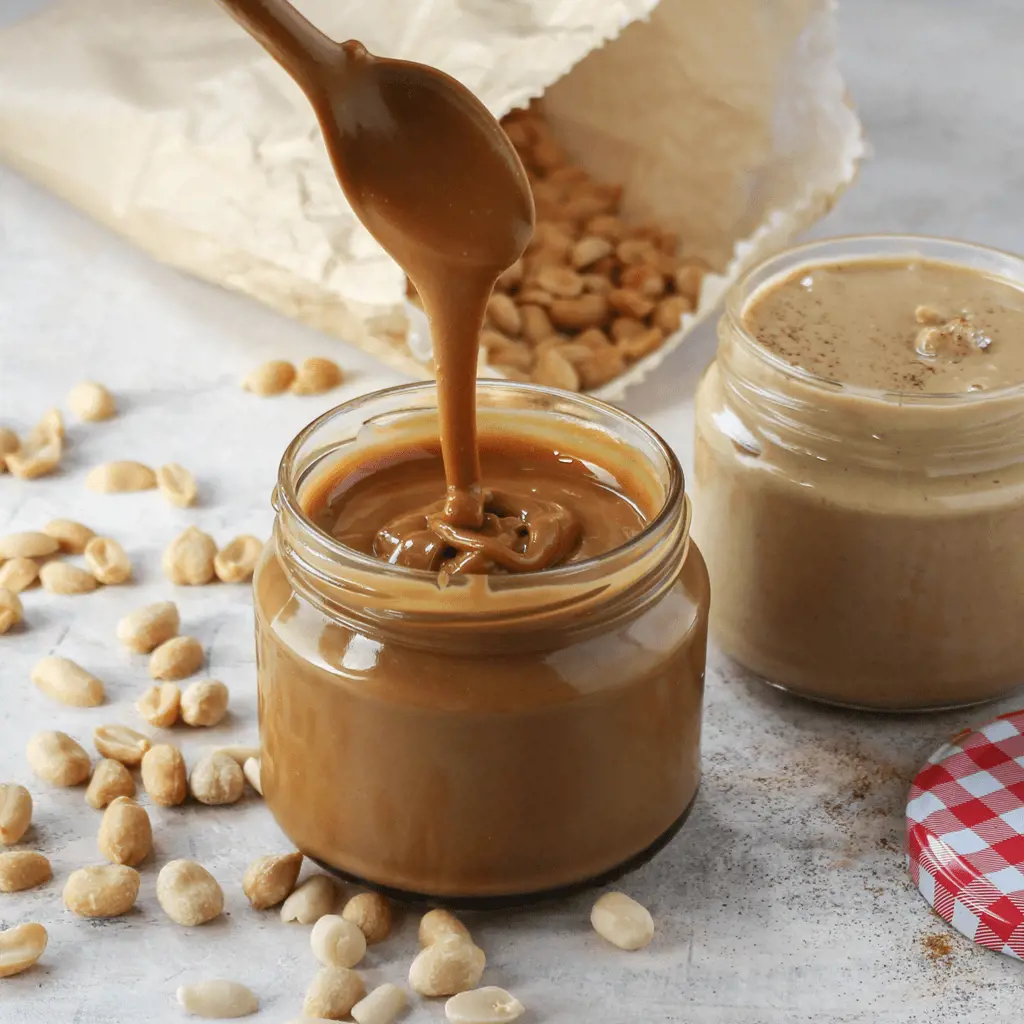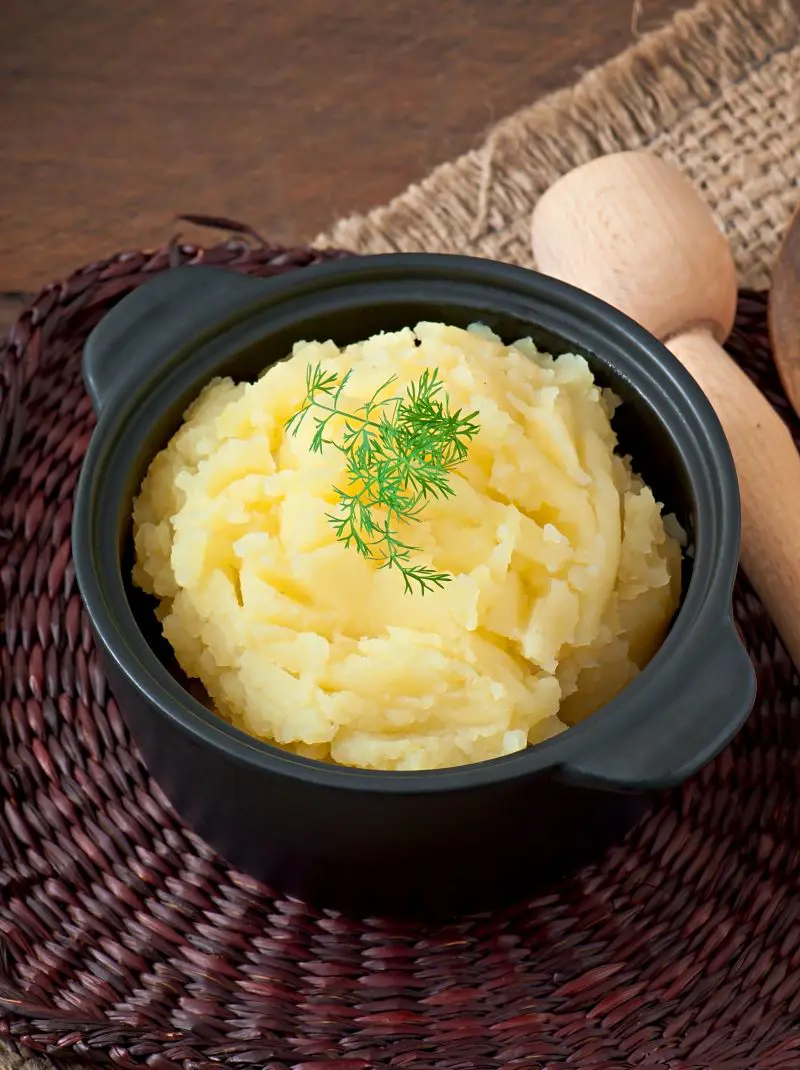Cabbage is a popular leafy vegetable that is prevalent in many cuisines throughout the world. It is identified by its round or elongated shape with tightly packed leaves that form a dense head.
One of the most popular varieties of cabbage is the green cabbage, which has a mild flavor and a crisp texture. However, there are also other types available, such as red cabbage, which has a slightly sweeter taste and vibrant purple color.
Cabbage can be enjoyed raw in salads, coleslaws, or as a crunchy topping for tacos and sandwiches. It can also be cooked in various ways, including boiling, steaming, stir-frying, or sautéing.
Cabbage Nutrition Facts
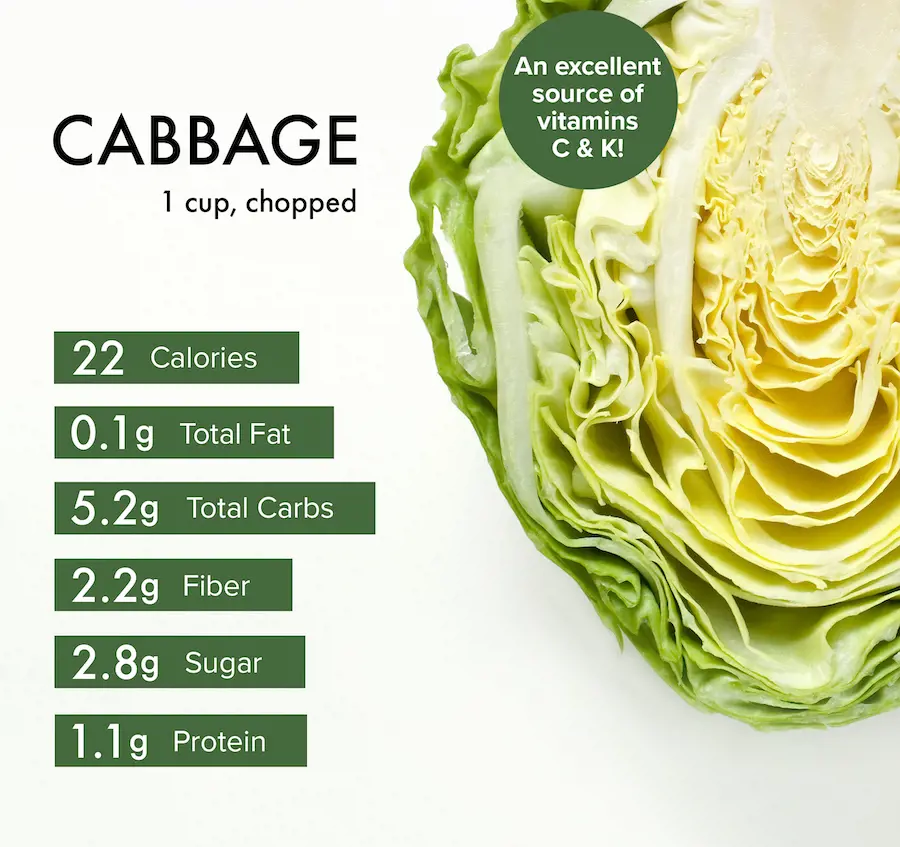
Cabbage is a low-calorie vegetable that is rich in nutrients. Here is the approximate nutritional composition of raw cabbage per 100 grams:
- Calories: 22
- Carbohydrates: 5.2 grams
- Fiber: 2.2 grams
- Protein: 1.2 grams
- Fat: 0.1 grams
- Vitamin C: 36.6 milligrams (61% of the daily recommended intake)
- Vitamin K: 76 micrograms (95% of the daily recommended intake)
- Folate: 53 micrograms (13% of the daily recommended intake)
- Vitamin B6: 0.1 milligrams (6% of the daily recommended intake)
- Manganese: 0.2 milligrams (11% of the daily recommended intake)
- Calcium: 40 milligrams (4% of the daily recommended intake)
- Iron: 0.5 milligrams (3% of the daily recommended intake
- Potassium: 170 milligrams (5% of the daily recommended intake)
Cabbage also contains small amounts of other vitamins and minerals such as vitamin A, vitamin E, vitamin B1, vitamin B2, vitamin B3, magnesium, phosphorus, and zinc. The concentration of these nutrients depends on the different varieties of cabbage, depending on their color and texture.
The following are some nutritional facts associated with this vegetable:
1. Carbohydrates
Cabbage is low in calories and packed with essential nutrients, including carbohydrates. It contains a moderate amount of carbohydrates, with approximately 5 grams per 100 grams. The majority of these carbohydrates come in the form of dietary fiber, which is essential for maintaining a healthy digestive system.
The carbohydrates in cabbage are mainly complex carbohydrates, also known as starches. Complex carbohydrates take longer to digest, providing a slow and steady release of energy. This can help stabilize blood sugar levels and prevent sudden spikes or crashes.
Moreover, cabbage is considered a low glycemic index (GI) food, which means it has a minimal impact on blood sugar levels. This makes it an excellent choice for individuals with diabetes or those looking to manage their blood sugar.
2. Fiber
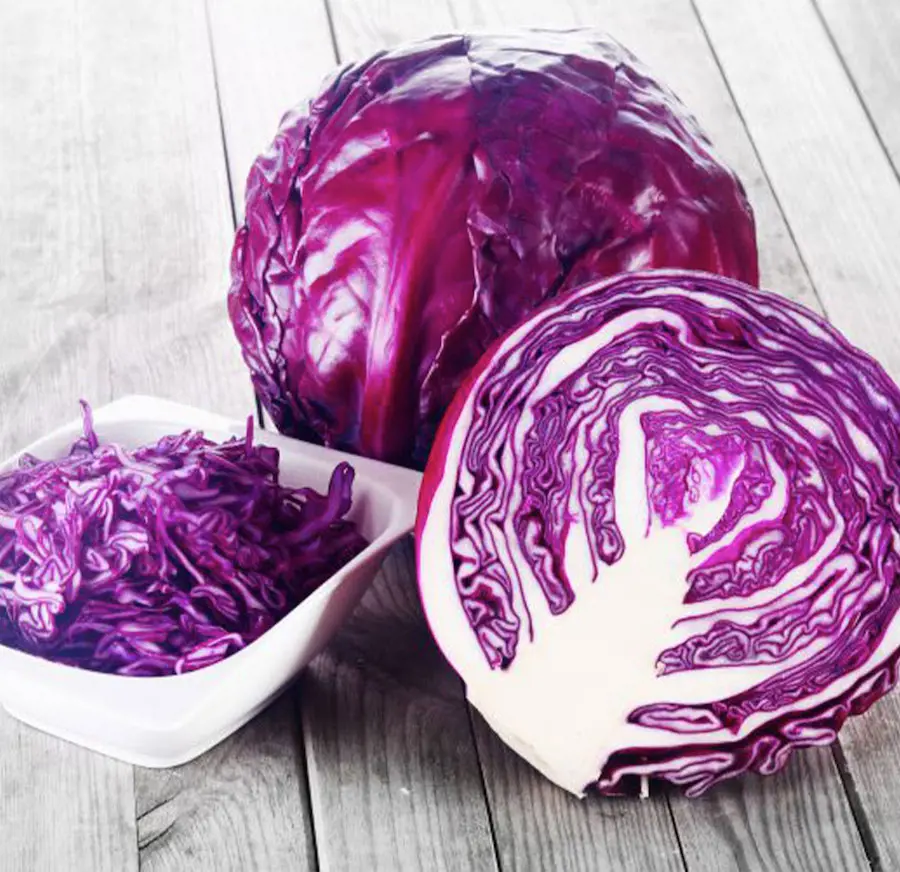
Fiber is an essential nutrient that plays a crucial role in maintaining overall health and well-being. Cabbage is particularly rich in dietary fiber, providing a significant amount of this nutrient in every serving. Fiber in cabbage is classified into two types: soluble and insoluble. Cabbage contains both types, making it a valuable source of dietary fiber.
Soluble fiber dissolves in water and forms a gel-like substance in the digestive tract. This type of fiber helps regulate blood sugar levels, reduces cholesterol absorption, and promotes a feeling of fullness, aiding in weight management.
On the other hand, insoluble fiber adds bulk to the stool, aiding in regular bowel movements and preventing constipation. It also promotes a healthy gut by acting as a prebiotic, providing nourishment for beneficial gut bacteria.
3. Calories
One cup of raw shredded cabbage contains only about 22 calories, making it an excellent option for those following a calorie-restricted diet. The low-calorie content of cabbage can be attributed to its high water content and fiber content. The high water content helps to keep you hydrated and can contribute to feelings of fullness.
This nutritional fact also makes cabbage a perfect addition to many diets as it doesn't affect the calorie count of the meal. However, one thing to consider is that the calories depend on the method of preparation as well.
4. Vitamins and Minerals
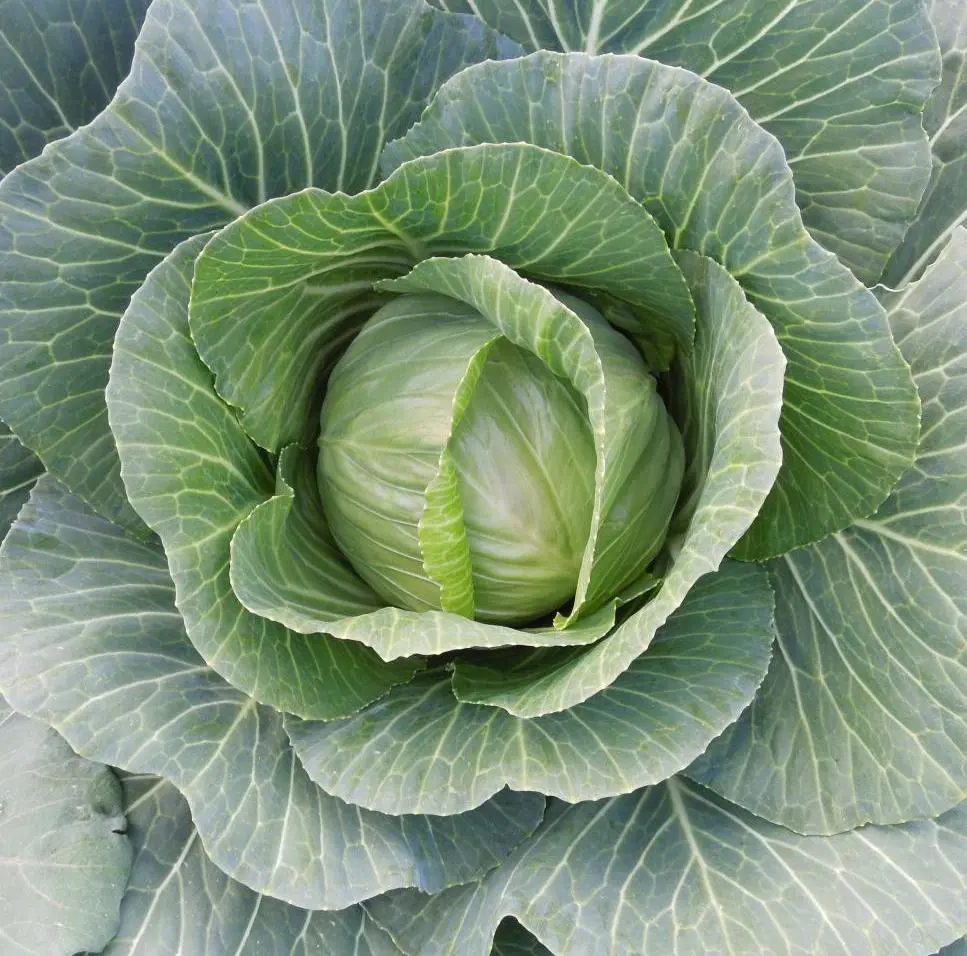
Cabbage is an excellent source of Vitamin K. It is one of the highest sources of this vitamin. In addition, it also contains other vitamins like vitamin C and B in significant amounts.
A single serving of cabbage can fulfill almost 90% of the daily vitamin K requirement and 50% of the recommended daily intake of vitamin C. So if you're looking to increase vitamin K and C in your diet, look no further than the good old cabbage.
In terms of minerals, cabbage is a good source of potassium, calcium, and manganese. Potassium is essential for maintaining healthy blood pressure levels and proper heart function. Calcium is crucial for strong bones and teeth, while manganese supports the metabolism and helps in the formation of connective tissues.
5. Other Plant Compounds
One of the most notable bioactive compounds found in cabbage is glucosinolates. These sulfur-containing compounds are converted into isothiocyanates when cabbage is chopped or chewed. Isothiocyanates have been shown to have anti-cancer properties, as they can inhibit the growth of cancer cells and promote their apoptosis or programmed cell death.
Cabbage also contains significant amounts of polyphenols, which are plant compounds with antioxidant and anti-inflammatory properties. These polyphenols have been associated with a reduced risk of chronic diseases, such as heart disease and certain types of cancer.
Health Benefits of Cabbage
As discussed, cabbage is a powerhouse of nutrition. Even though it is primarily composed of water, there are certain nutrients that are also present in significant concentrations. All of these nutrients result in various health benefits that can range from hydration to promoting heart health.
Here are some of the health benefits associated with cabbage:
1. Promotes Digestive Health

Firstly, cabbage is an excellent source of dietary fiber, which aids in digestion. The high fiber content has several positive effects on the digestive system, from promoting regularity to allowing the smooth movement of bulk through the tract.
Additionally, cabbage contains compounds known as glucosinolates, which can help protect the stomach lining and reduce the risk of developing gastric ulcers. These compounds have been found to inhibit the growth of Helicobacter pylori, a bacterium responsible for causing ulcers.
2. Boosts Immunity
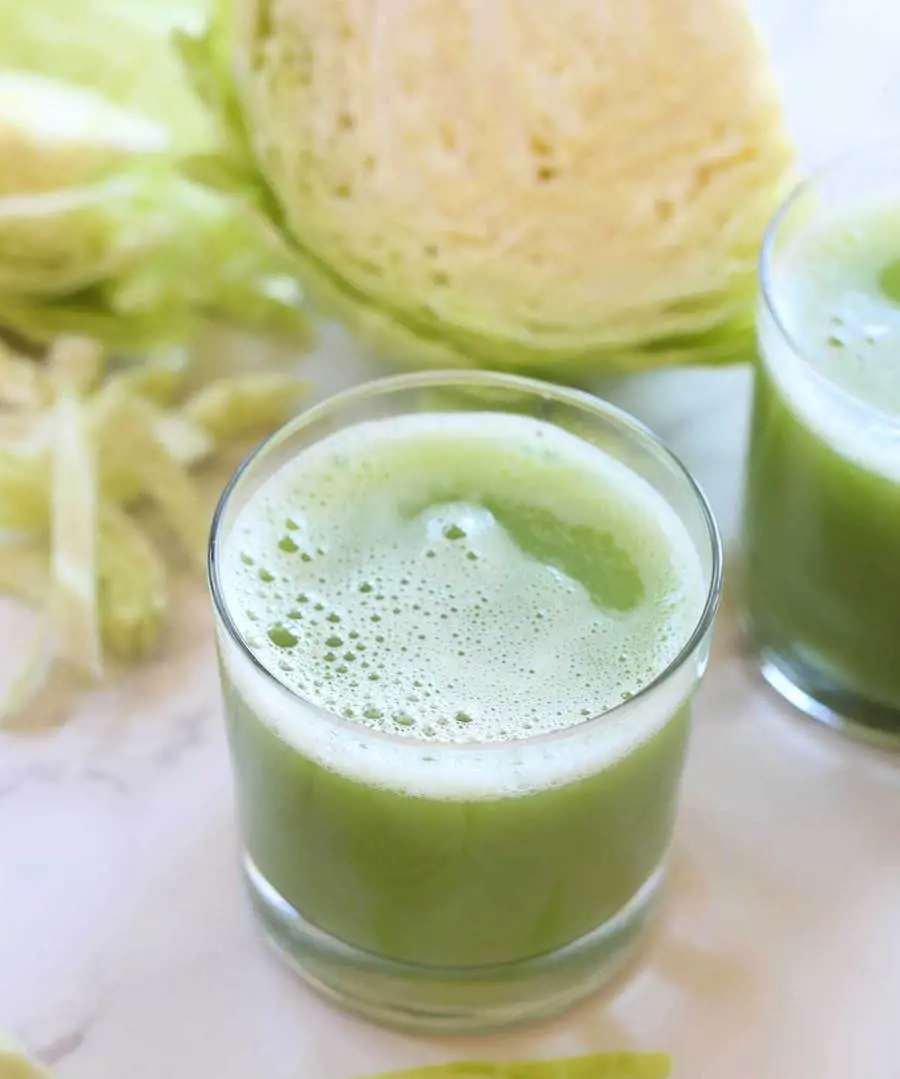
There are certain nutrients found in cabbage that have been recognized for their immune-boosting properties for centuries. One such nutrient is vitamin C. This essential vitamin is known for its ability to enhance immune function by stimulating the production of white blood cells, which are vital for fighting off infections and diseases.
In addition to vitamin C, cabbage contains other immune-supporting vitamins and minerals, such as vitamin A, vitamin K, and potassium. Vitamin A plays a crucial role in maintaining the health of epithelial tissues, which act as a protective barrier against pathogens. Vitamin K is essential for blood clotting and helps to prevent excessive bleeding in case of injury.
3. Supports Heart Health

Like with digestive health, fiber in cabbage also supports heart health. Fiber helps reduce cholesterol levels in the body, especially low-density lipoprotein (LDL) cholesterol. This directly prevents the buildup of plaque in the arteries, which is one of the primary causes of heart diseases and stroke.
Cabbage also contains several antioxidants like vitamin C and beta-carotene. These antioxidants help protect the heart by neutralizing harmful free radicals, which can cause oxidative stress and damage to the arteries.
4. Rich in Vitamin K
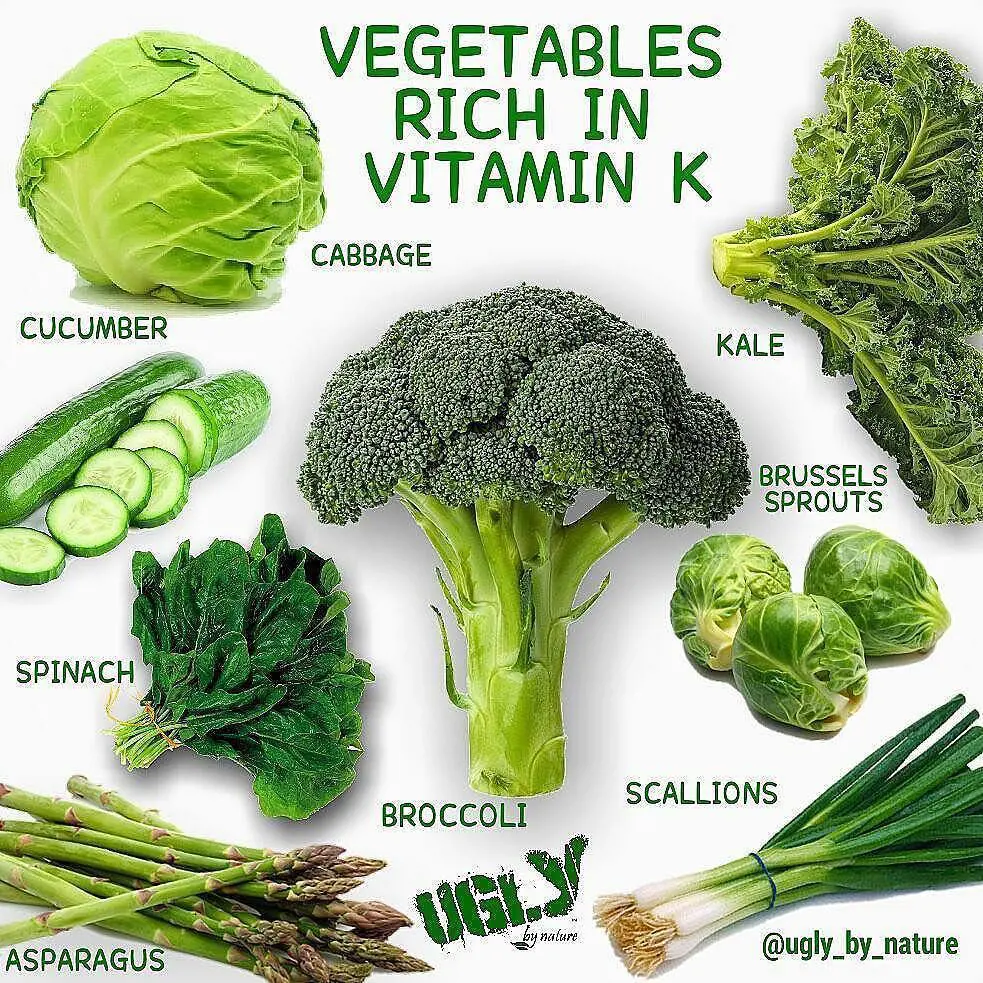
As mentioned, cabbage is an important source of vitamin K. As a result of this, there are several functions of vitamin K, which are positively propelled by the consumption of cabbage. One of the most well-known benefits of vitamin K is its role in blood clotting. It helps activate proteins that are necessary for blood to clot properly, preventing excessive bleeding and promoting wound healing.
It also assists in the production of osteocalcin, a protein that helps bind calcium to the bone matrix. This ensures proper mineralization and strength of bones, reducing the risk of fractures and osteoporosis.
5. Weight Loss

With only 25 calories per cup, cabbage is a great choice for those looking to shed some pounds. Instead of sugars, cabbage is rich in fiber which promotes weight loss without having to cut back on food.
Various nutrients found in cabbage not only support overall health but also help boost the metabolism. A higher metabolic rate allows the body to burn calories more efficiently, aiding in weight loss.
6. Anti-inflammatory Properties
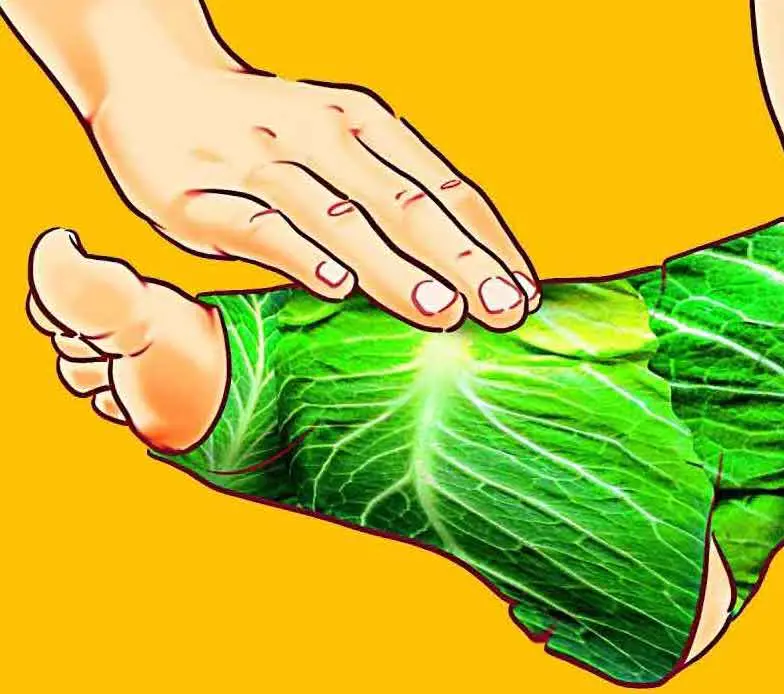
Studies have indicated that consuming cabbage regularly has been associated with a reduced risk of chronic inflammatory conditions, such as arthritis, heart disease, and certain types of cancer. The anti-inflammatory properties of cabbage are primarily due to its high content of antioxidants. Bioactive compounds like polyphenols, flavonoids, and glucosinolates serve as antioxidants and prevent chronic inflammation.
Furthermore, cabbage contains a compound called sulforaphane, which has been found to have strong anti-inflammatory effects. Sulforaphane inhibits the production of pro-inflammatory molecules in the body, thus reducing inflammation. Cabbage is often used in home remedies to get rid of pain.
7. Lowers Cancer Risk
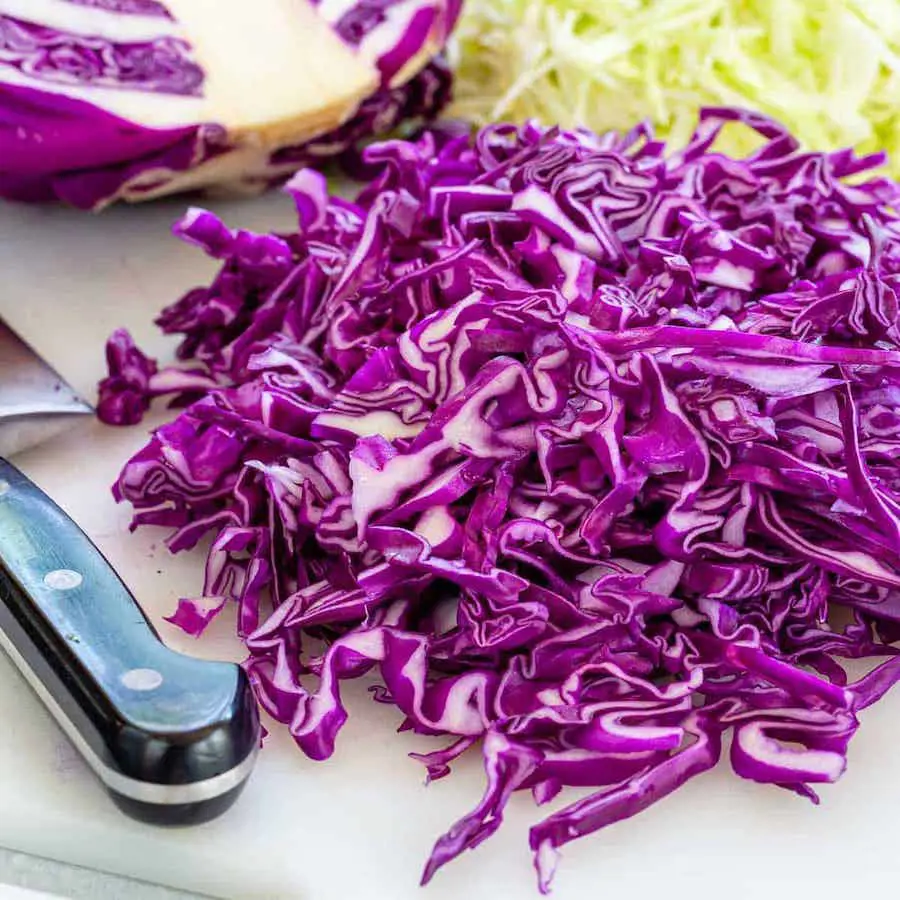
There are many different causes of cancer in human beings, so it wouldn't be fair to assume that consuming cabbage would prevent cancer for all. However, there are certain causes that can be mitigated by including this leafy vegetable in your diet regularly. Along with cabbage, other leafy greens like broccoli, cauliflower, and Brussels sprouts, are all known for their cancer-fighting properties.
One of the cancer-preventing compounds found in cabbage is glucosinolate. This compound changes its form to isothiocyanates in the presence of gastric acids. These compounds have been studied for their ability to inhibit the growth of cancer cells and reduce the risk of certain types of cancer, including lung, colorectal, breast, and prostate cancers.
8. Cholesterol Control
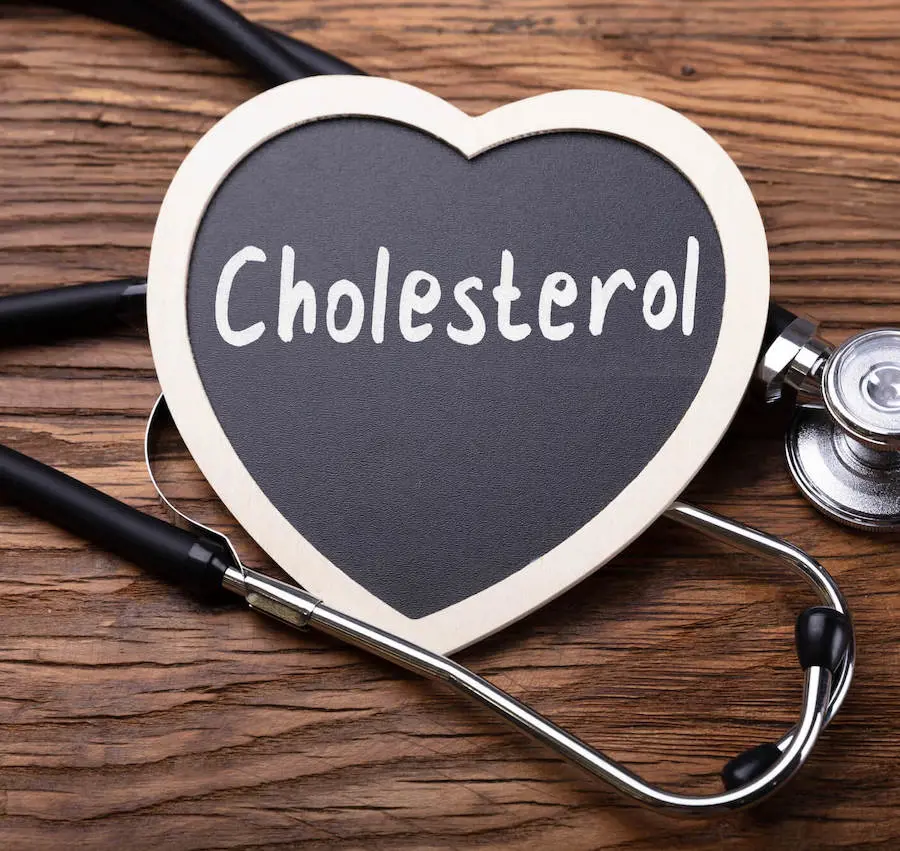
Cholesterol control is easier to achieve than most people think. All you have to do is consume foods that are low in cholesterol. In cabbage, it has almost no cholesterol, which is a great option for those looking to cut back on unhealthy fats. Similarly, the soluble fiber in cabbage also binds to the cholesterol present in the gut and prevents further absorption into the bloodstream.
Cabbage is also a good source of phytosterols. Phytosterols are plant compounds that have a similar structure to cholesterol, allowing them to compete with cholesterol for absorption in the gut.
9. Skin and Hair Health

Vitamin C is the key factor in promoting skin health in human beings. This vitamin is a cofactor in collagen production, a protein responsible for maintaining skin elasticity and preventing wrinkles. The vitamin A in cabbage moisturizes the scalp and prevents dryness, promoting hair health.
Similarly, cabbage is also rich in sulfur compounds, such as glucosinolates, which possess antimicrobial properties. These compounds help fight off bacteria and other pathogens that can lead to skin infections, acne, and breakouts.
10. Bone Health

Vitamin K is an essential nutrient for bone health. Adequate levels of vitamin K can improve bone density and reduce the risk of fractures. Including cabbage in your diet can help meet the recommended daily intake of vitamin K.
Additionally, it also contains a significant amount of calcium, a mineral known for its role in bone strength. Calcium is essential for maintaining bone density and preventing conditions like osteoporosis.

